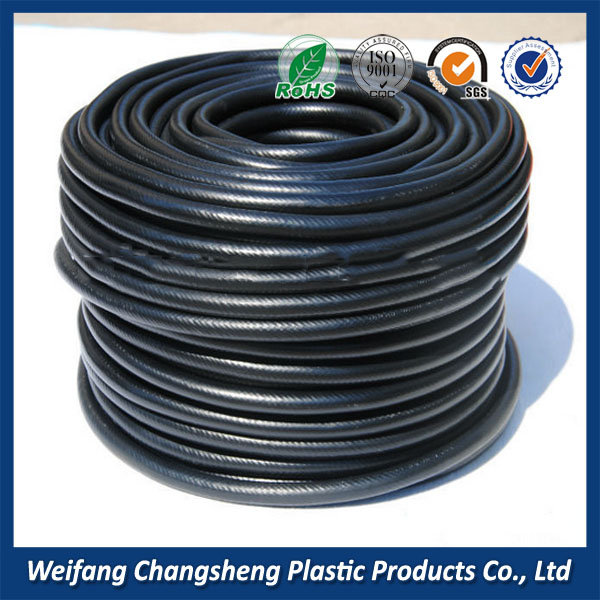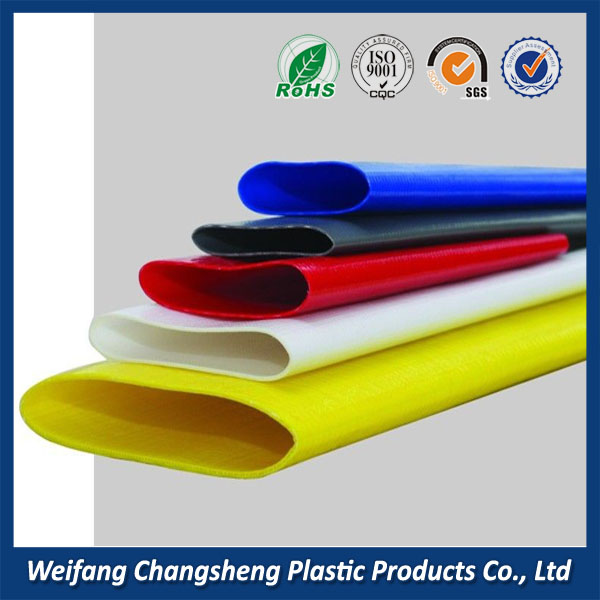With the development of sequencing technology, metagenomics has gradually become a new hot area. Metagenomics is to identify the main environmental samples all microorganisms, understand their respective role. Such research than the average genome analysis need help of computer technology, as metagenomics research is a mixture of different genomes.
Los Alamos National Laboratory scientists in this week's journal Nucleic Acids Research, to demonstrate a new tool metagenomic analysis, contribute to a variety of microbial populations (including oceans, soil and gut microbes) were DNA analysis.In this time ,the DNA put in freezer.
"Metagenomics research refers to the entire microbial community genomic methods, such as DNA sequencing entire microbial population," who led the study, said Patrick Chain. "Such studies will have to sort through vast amounts of data, only the right to deal with these data we can understand the function of living organisms and their populations."
"We offer a new tool for the rapid development of the field of metagenomics," Chain said. "It can look for meet the unique requirements of the nucleic acid sequence data," we can shotgun metagenomics data very precise classification.
The researchers developed a new tool called himself GOTTCHA (Genomic Origins Through Taxonomic CHAllenge). GOTTCHA reference genome databases through the use of pre-treated (leaving only the unique genomic fragments taxonomy), and then classify different genomic sequence macros on this basis (or "read").
This tool can be carried out in complex samples relative abundance of species identification and analysis, the -40 degree freezer can save it.can simultaneously identify bacteria and viral sequences, and very flexible.
"I believe GOTTCHA will become a valuable resource for metagenomic data analysis. It is particularly helpful in clinical diagnosis, because the diagnosis can not have high false-negative and false-positive rate, analyze the relative abundance of a particular species is also very important," Chain Say. GOTTCHA can help people identify the pathogen in a complex background, such as assessment of co-infection (co-infection) in the case of clinical samples.
The researchers simulated data 20 artificial synthetic concentrate tested and validated GOTTCHA, covering a wide range of community composition and complexity. GOTTCHA has also been successfully used for environmental and clinical samples difficult to handle than other existing methods showed excellent performance.
Visit site: http://www.heraldeepfreezer.com/OUR-PRODUCTS/Laboratory-Refrigeration/Laboratory-Freezer_067.html





